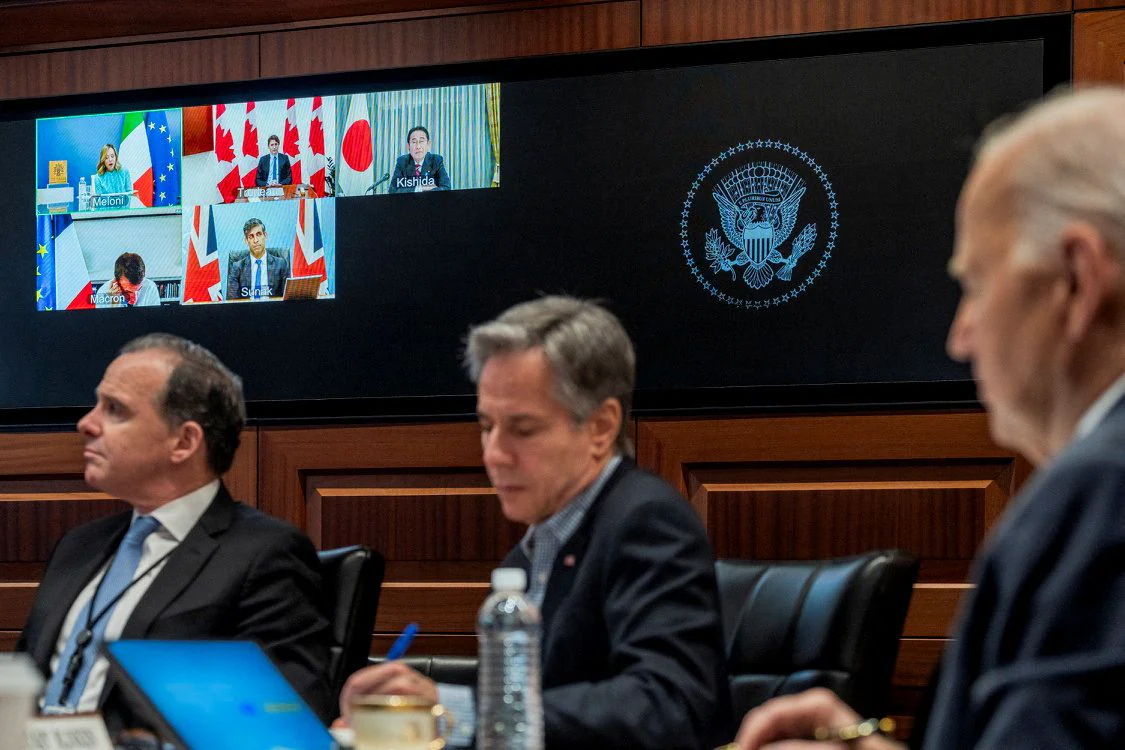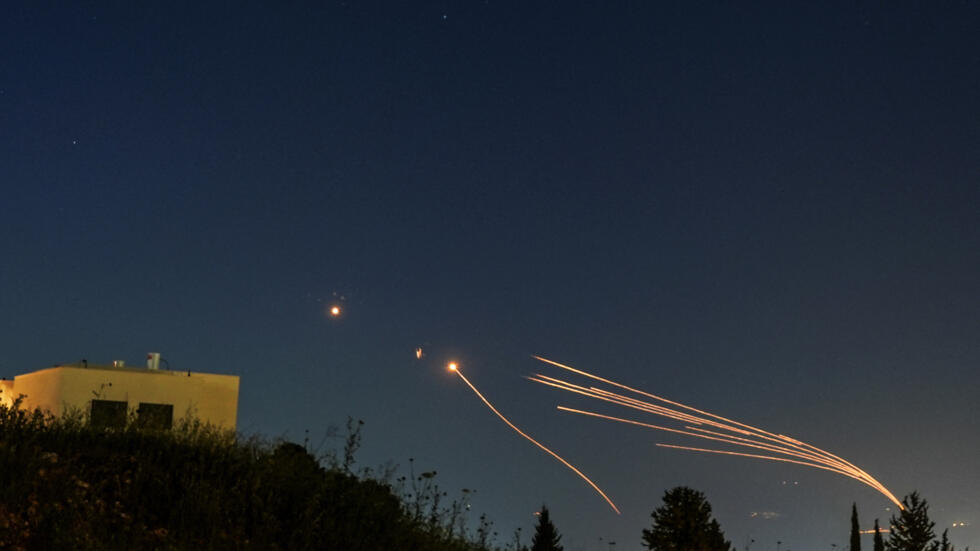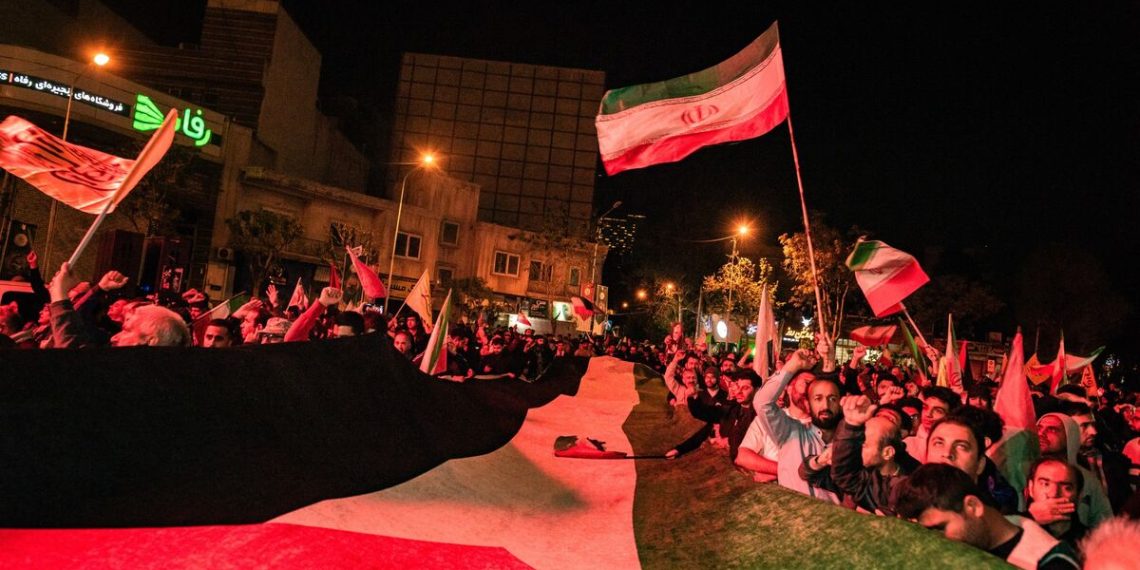Israel’s war cabinet, tasked with formulating a response to Iran’s unprecedented direct assault, delayed its meeting until Wednesday, extending the period of deliberation amid escalating tensions.
Iran’s launch of over 300 missiles, cruise missiles, and drones toward Israeli territory on Saturday has sparked concerns of broader conflict escalation, particularly as violence from the ongoing Gaza war spills over.

Although the attack resulted in minimal casualties and damage, attributed to Israel’s robust air defenses and countermeasures, it signifies a potential widening of hostilities between Iran and Israel, traditional adversaries in the region.
The Iranian strike was purportedly in retaliation for an airstrike on its embassy compound in Damascus, a matter that Iran has since indicated as resolved.
President Joe Biden assured Israeli Prime Minister Benjamin Netanyahu that the United States, a staunch ally of Israel, would not partake in any Israeli counter-strike.
Instead, Washington and its European counterparts are advocating for swift implementation of economic and political sanctions against Iran as a means to deter Israel from resorting to large-scale retaliation.
Israeli Foreign Minister Israel Katz has initiated diplomatic efforts, urging 32 countries to impose sanctions on Iran’s missile program and to follow the U.S. lead in designating Iran’s Revolutionary Guard Corps as a terrorist entity.

U.S. Treasury Secretary Janet Yellen emphasized the use of sanctions to disrupt Iran’s destabilizing activities.
Following an emergency meeting of EU foreign ministers, European Union foreign policy chief Josep Borrell disclosed plans to expand sanctions against Iran.
These expanded sanctions would target the provision of missiles and drones to Iranian proxies in the Middle East, seeking to curb Iran’s regional influence.





